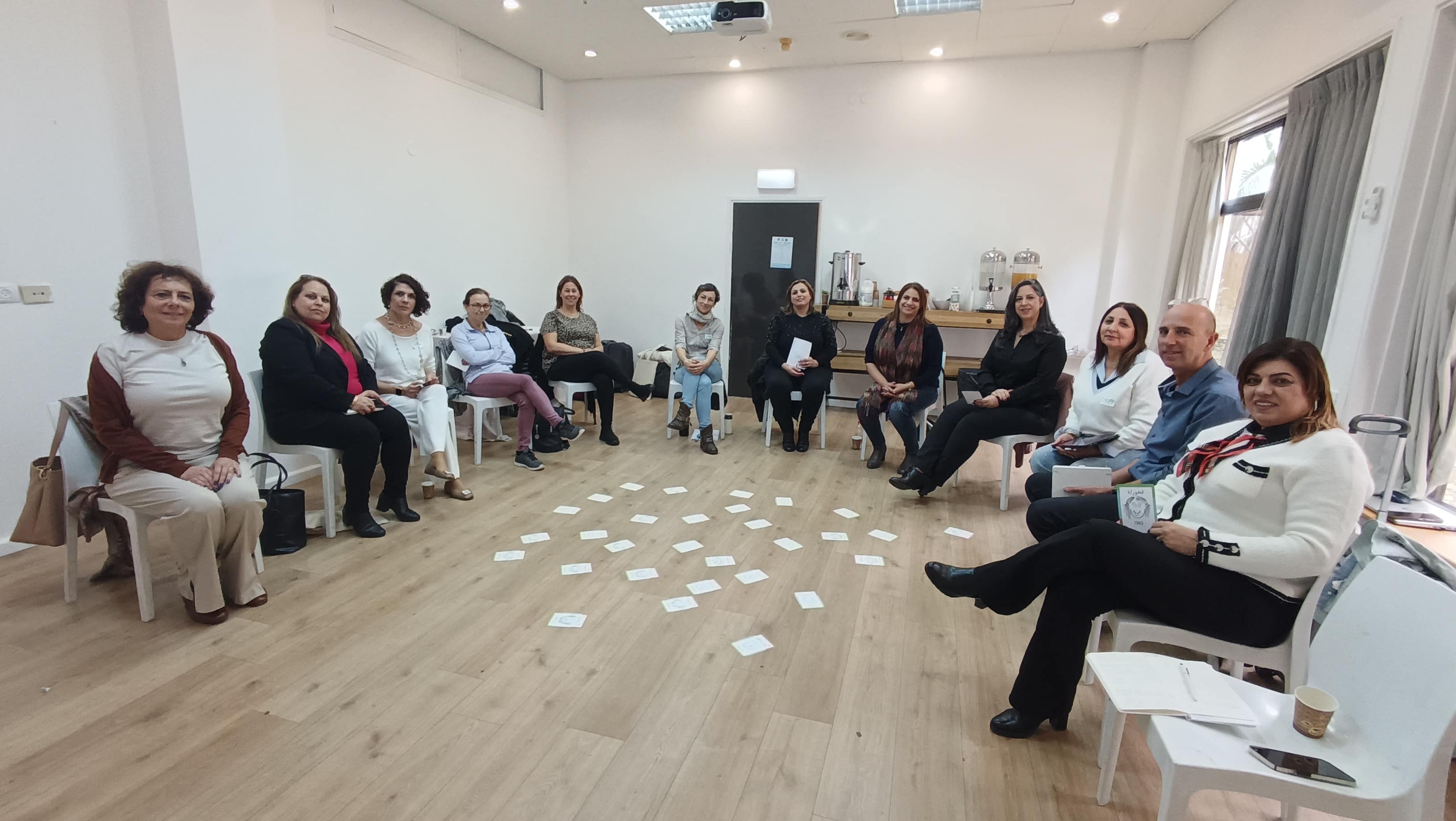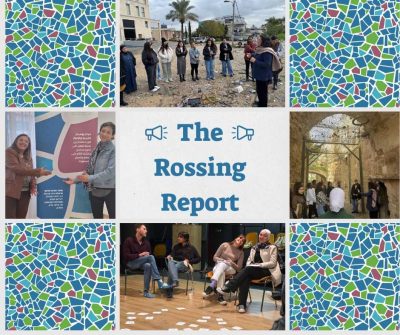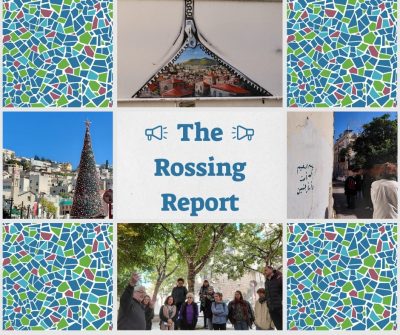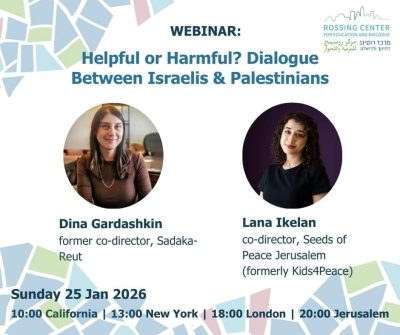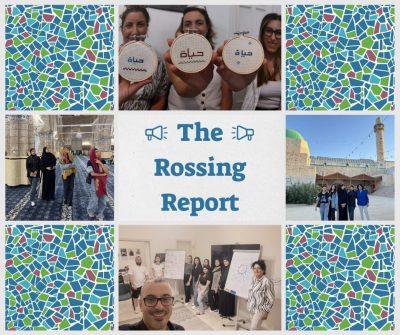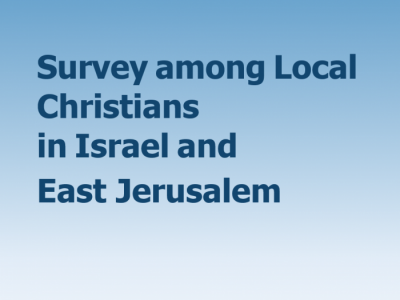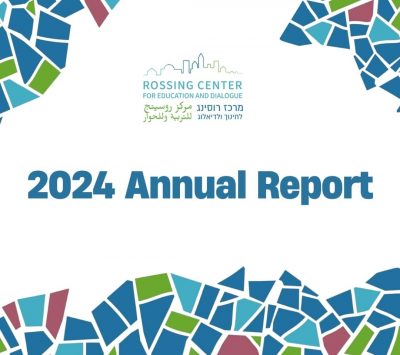Dear Friends,
As we reflect on the first month of 2025, we are struck by the profound events and changes that have already shaped this year. The beginning of a ceasefire, the complex emotions surrounding the return of hostages and prisoners, political shifts, and widespread protests all highlight the deep pain that weighs on our society. Yet, amid these challenges, we also see signs of resilience, growth, and a renewed hope for meaningful change—hope for a year that brings progress, healing, and a shared path forward.
As an organization, a community, and as individuals, we take time to reflect on our work—especially as we step into the new year—by evaluating our projects and their impact. We are deeply inspired by the stories and insights emerging from the field, witnessing how our participants and partners are shaping the reality we strive for. What once felt like a distant vision is now slowly taking shape.
We invite you to find hope and renewed strength for the coming year from our participants and activities.
As someone who has been involved in Rossing Center’s educational programs for over 13 years, I continue to uphold this message: To live together, we must confront painful and complex issues. Lubna Basha-Andria, Principal of Terra Santa School, Nazareth.
With a focus on the present, fostering dialogue, strengthening connections, and reimagining how we build a shared future, a group of 13 Jewish and Arab school principals from across the country gathered last week. These educators, who are participating in our Initiative for Educational Advancement in an Evolving Reality, emphasize the growing importance of such programs in today’s climate. They recognize education as a powerful catalyst for change, rooted in instilling core values in students.
During the seminar, facilitated by Reut Ben Horin and Hiba Gnaadry from the Rossing Center, participants spent the first day in intensive dialogue using our Healing Hatred methodology. During the second day they explored the current reality, based both on data from recent surveys about the positions and opinions of Jewish and Arab youth in Israel today, and based on what they know from their own schools. In the remainder of the year, they will look forward and together build individual work plans for shared society and peace education in their schools.
Guy Levy, principal of Branco Weiss Middle School in Mazkeret Batya and a long-time participant in Rossing Center’s programs, sees the principals’ program as essential to shaping the next generation: “I’m grateful to be part of this program on a personal level. I deeply believe in education that engages with democratic values and social issues. Before rushing to a math test, you first need to be a person. To me, that is the essence of education—addressing social realities and ways of life.”
Guy shared that his perspectives did not always align with those of other seminar participants. Yet, he sees immense value in the group’s diversity, which mirrors the social fabric in which we all live. Bringing together people with different narratives fosters new possibilities and meaningful connections, rather than reinforcing divisions. Educational initiatives play a vital role in shaping society and navigating conflicts. It is in the most challenging spaces that education is needed the most. “I want there to be a space where we can openly address these challenges—even if we don’t solve them right away. We need to put everything on the table, as it is so that we can truly learn to live together.”
At the beginning of the week, we held a webinar on Navigating Between Free Speech and Incitement in Jewish-Arab Dialogue. The discussion examined the restrictions on freedom of expression within Jewish-Arab discourse, exploring both its roots and its broader implications from two key perspectives:
Attorney Samah Darwish analyzed the issue from a constitutional and legal standpoint, while Gal Eblagon shared insights from her experience facilitating mixed-group dialogues.
“Legal language often feels distant from the world of dialogue groups,” says Gal. “This space seeks to create a different kind of encounter with different rules. Since the war began, there has been a growing need to express thoughts and emotions, yet at the same time, greater obstacles to building trust. People fear the reactions they may face, even when they actively choose dialogue. But dialogue is not the end goal—it is a tool for fostering social change and meaningful partnerships”.
In our complex reality, dialogue groups cannot be taken for granted, and since the war, participation has declined even further. Many people feel less motivated to engage in dialogue and even experience a sense of despair.
Attorney Samah Darwish emphasized the importance of understanding the legal framework in these times to ensure that free and open dialogue remains possible, without censorship or limitations on freedom of speech: “Fear arises from ignorance. When I know more, I feel more secure. This is why understanding the legal framework is so important.” Censorship exists in many forms—whether self-imposed or enforced by the legal system or created by media commentary. To truly recognize and understand the other side, we must allow full access to perspectives that may not align with mainstream narratives.
“There are barriers to knowing the other—whether through censorship or restrictions on access to information and freedom of expression in the media, education system, and the spaces where we predominantly consume our own narratives. The challenge is to engage with the story of the other.” – Gal Eblagon.
2025 has only just begun, yet we are already witnessing a surge in activity and beginning to see the fruits of our efforts. We invite you to join us next month for ongoing center activities, with another upcoming webinar. Further details will be shared via email as the event approaches.
Let us continue to hold on to hope—paired with action, daily dedication, and a steadfast commitment to creating real change.

